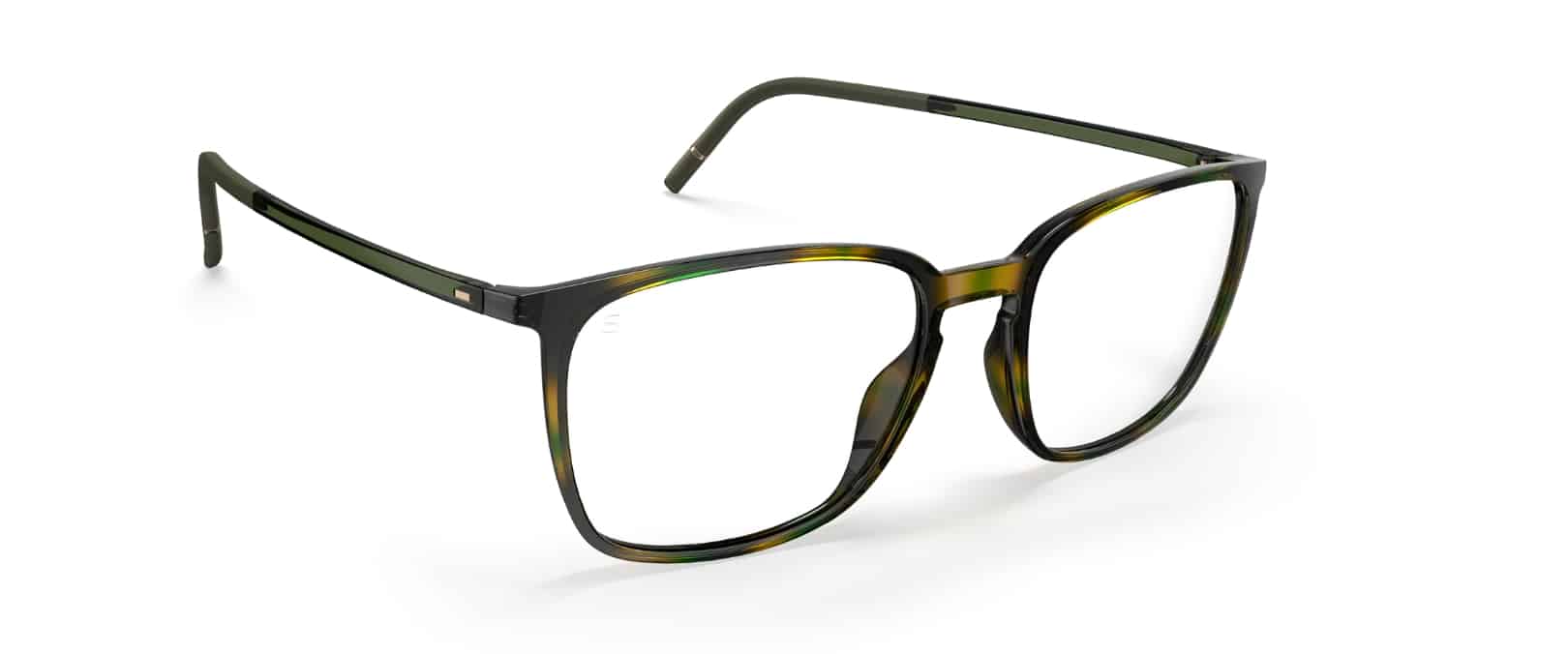New Treatment for Severe Dry Eye
Thursday, July 11 2019 | 06 h 02 min | Dry Eye, Vision Science
A phase I/II clinical trial for a new treatment of severe dry eye disease has shown promising results.
The treatment is based on a biosynthetic form of recombinant deoxyribonuclease — or DNase for short — an enzyme that breaks up linkages within the DNA backbone. DNase is currently an approved treatment for cystic fibrosis, but its use in treatment of severe dry eye is still considered experimental by the FDA.
In a randomized, placebo-controlled trial published in Translational Vision Science and Technology in May, patients given eye drops with DNase reported less eye discomfort and had healthier corneas than patients taking the placebo.
Dr. Sandeep Jain, professor of ophthalmology at the University of Illinois at Chicago, the principal investigator of the trial, said that his research team noticed strands of DNA forming a web on the surface of the eye in patients with dry eye disease, which was causing an inflammatory response.
“There is an increase in the number of white blood cells called neutrophils that gather on the surface of the eye,” Jain said. “Neutrophils release DNA which forms webs on the cornea called neutrophil extracellular traps, which cause inflammation of the ocular surface and attract additional neutrophils in a vicious cycle.”
The trial involved 47 patients with dry eye disease, roughly half of which had Sjogren’s syndrome, 30 per cent had non-Sjogren’s dry eye disease, and 17 per cent had ocular graft versus host disease (GVHD).
After an eight-week trial the group taking the DNase drops showed an OSDI (ocular surface disease index) score reduction of 27.3 compared to the baseline and a “statistically significant and clinically meaningful” reduction in corneal staining. The different types of dry eye disease all had similar responses to the treatment.
“The data from this early clinical trial suggests that DNase eye drops may be safe and effective for treating severe dry eye, and we look forward to conducting larger randomized trials to definitively prove its efficacy,” Jain said. “There are currently only two approved drugs to treat dry eye, and they don’t work for everyone, especially those with severe disease, so having a new drug that can treat the disease is very important.”







